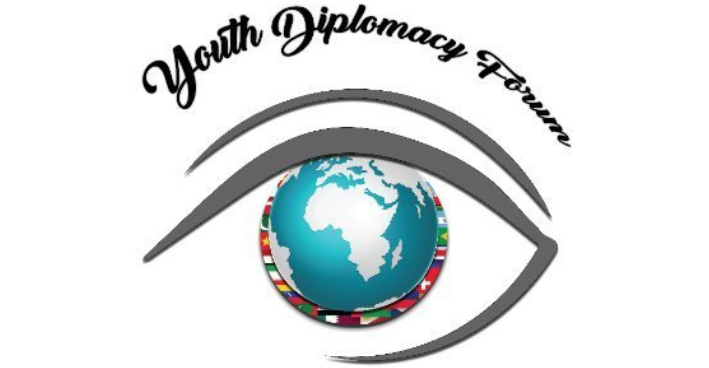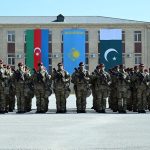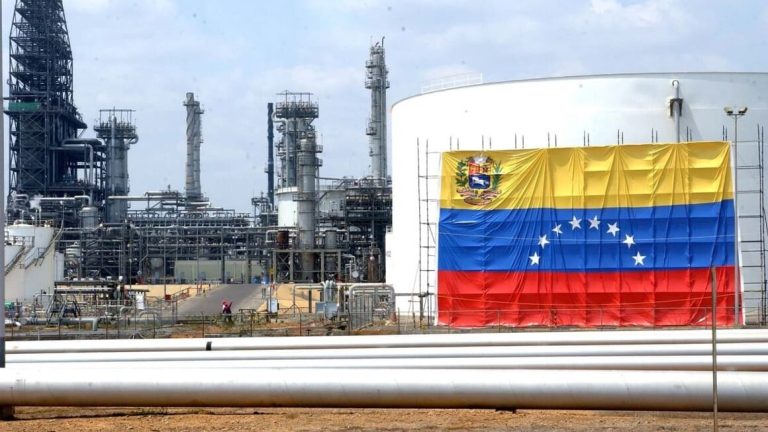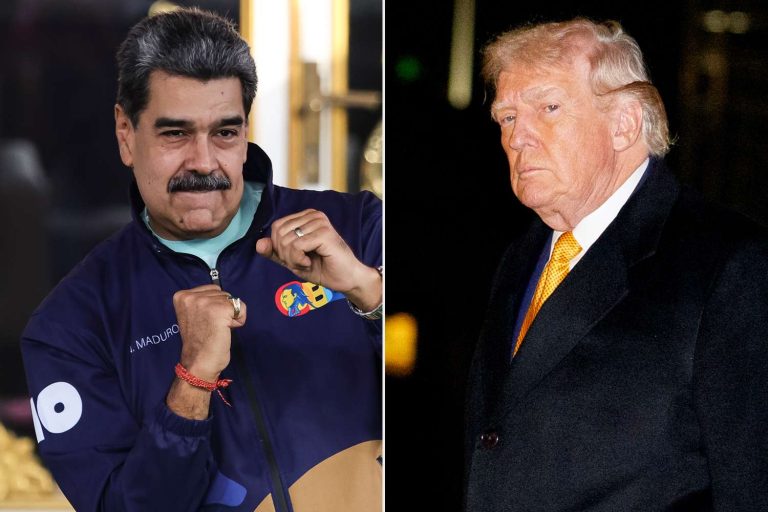Why France Is Increasing Its Military Presence in West Africa Again?
In 2025, France’s military return to West Africa has drawn attention from all over the world. The French government is currently making fresh efforts to expand its military presence in the Sahel and neighboring areas following a period of disengagement and scaled-back operations.
The threat of terrorism, rising geopolitical instability, and a shifting balance of power with China, Russia, and regional nations all play a role in this change.
However, why now? What are the goals of France? What are the opinions of the European Union and the French people on this reaffirmation of military might?
The Historical Role of France in West Africa:
In West Africa, France has a lengthy colonial and post-colonial history. Paris has close military, political, and economic links to former colonies like Mali, Burkina Faso, Chad, and Niger even after decolonization.
Operations such as Barkhane (2014–2022) and Serval (2013) established France as a major player in counterterrorism initiatives against Islamist organizations in the Sahel.

However, France was forced to scale back its military presence between 2022 and 2024 as a result of political unrest, anti-French demonstrations, and military takeovers in Mali, Burkina Faso, and Niger.
Following its exit, Russia’s Wagner Group and other participants promptly started to fill the void.
The Strategic and Security Reasons for France’s Return Resurgent Jihadist Organizations:
Attacks by the Islamic State Sahel Province (ISSP) and organizations associated with al-Qaeda have intensified, endangering the stability of the area and Europe.
Geopolitical Competition: French and EU authorities are concerned about Russia’s increasing might, particularly in light of security agreements inked by Niger and Mali. Its reintroduction is seen by France as a counterbalance.
Migrant and Border Security: Unauthorized migrant routes to Europe pass through West Africa. The EU and France are eager to control migrant pressures, which could be exacerbated by instability in the Sahel.

Resource Security: France’s energy and technology industries depend heavily on Niger’s uranium and other essential resources. Supply line security is a covert but significant goal.
Europe’s Common Security and Defence Policy (CSDP) in Africa is led by France, which supports Brussels’ strategic independence from NATO and American reliance.
According to reports, France is reactivating regional defense agreements with pro-West African governments, expanding military training missions, and deploying special operations units.
Notably, it has placed more emphasis on intelligence collaboration, humanitarian efforts, and counter-insurgency support than on a significant force commitment.
Consequences for EU Security and Policy Strategic Autonomy in Action:
France’s initiative supports the EU’s drive for increased defense autonomy following Brexit and in light of the United States’ changing international priorities.

Multilateral Cooperation: Particularly through the EU Training Mission (EUTM) frameworks, the EU may enhance financing for regional peacekeeping missions, joint operations, and capacity building.
Fragmentation Risk: Not every EU member state is on board. Without wider agreement, Germany and others are wary of increased military engagement.
To stabilize local economies and lessen recruitment by extremist organizations, France is integrating military policy with humanitarian initiatives.
France’s intention to redeploy to West Africa is a geopolitical statement as much as a military one.
Long-term success will depend on striking a balance between colonial legacies, national security objectives, EU coordination, and local sensitivity.
The action is part of a larger trend in which France is once again leading Europe in building up its defenses.
One thing is certain: the world is watching, regardless of whether this results in greater entanglement or regional stability.











